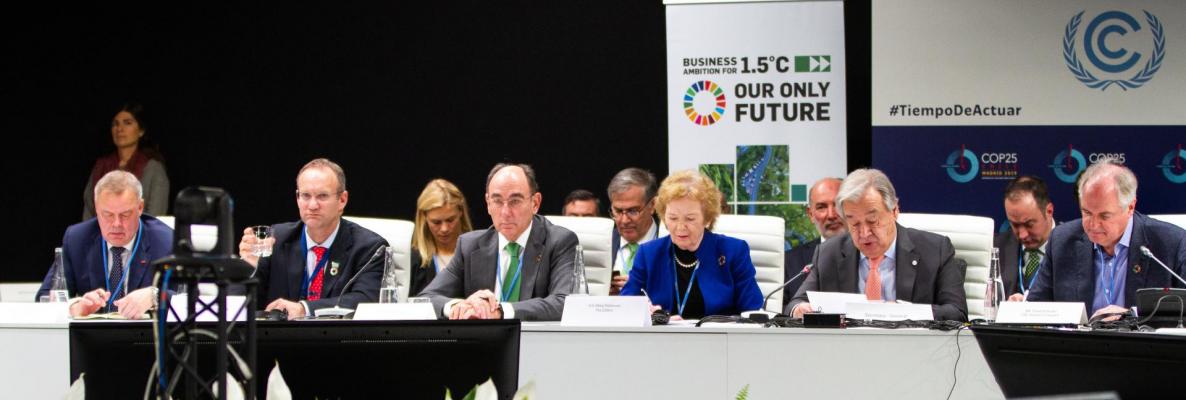After the longest climate negotiations on record, and few solid results, it might be easy to dismiss COP25 as a lost chance. And many have. However, S&P Global Ratings is determined to see some positives.
Beyond the official negotiations, the positives were seen in the continued commitment from local governments, businesses, and multilateral institutions – and S&P predicts these nonstate entities will play a critical role. Another take away was that climate change is starting to become mainstream for the political finance community. For the first time this year, finance ministers from more than 50 countries were present at the negotiations and important initiatives emerged for the first time, such the role of non-energy sectors, including forestry and agriculture, in ensuring the transition to a low-carbon economy. Ministers also committed to support the development of carbon reduction pledges and better evaluate their macroeconomic impact.
S&P sees this collaboration between environment and finance ministers at the political level mirroring what is happening within many companies, where sustainability is increasingly becoming embedded in the broader corporate strategy and no longer the sole responsibility of the corporate social responsibility team. This is evidenced by new business and governance practices, such as linking carbon reduction targets to the remuneration of executives or interest rates on bonds and loans.
Linked to other progress, such as the targets set by several countries such as the UK, and the European Green New Deal, S&P sees some chinks of light. Perhaps the strangest lesson though, is that corporates are, in some cases, leading the charge.
Latest News
-
Premier League and Comic Relief partnership aims to improve children’s mental health
-
Russell Hobbs launches food poverty campaign in schools
-
Tottenham Hotspur and charities launch film to tackle mental health stigma
-
Cardfactory funds homelessness charity’s team of psychologists
-
Bingo firm raises £300,000 for the Stroke Association
-
Sainsbury’s links up with Comic Relief for festive recipe campaign
© 2019 Perspective Publishing Privacy & Cookies







Recent Stories